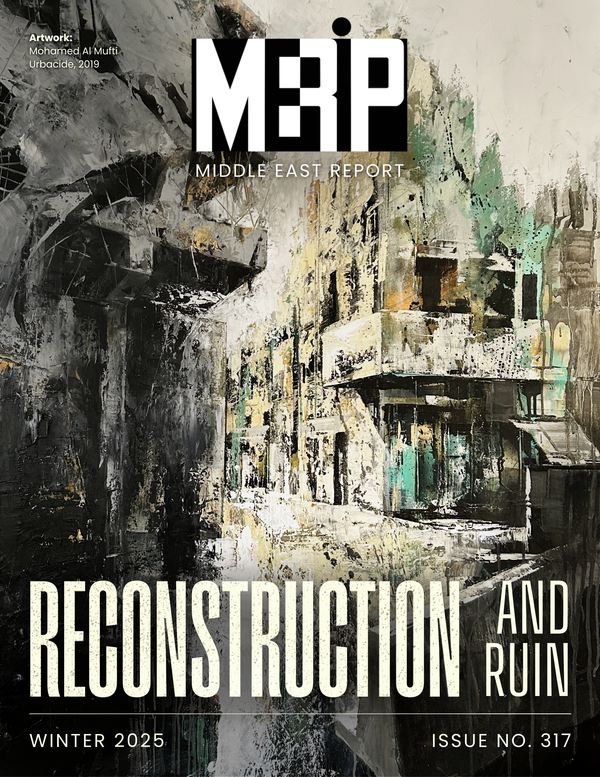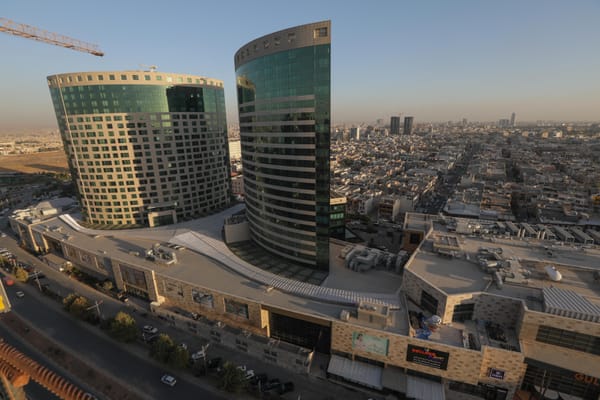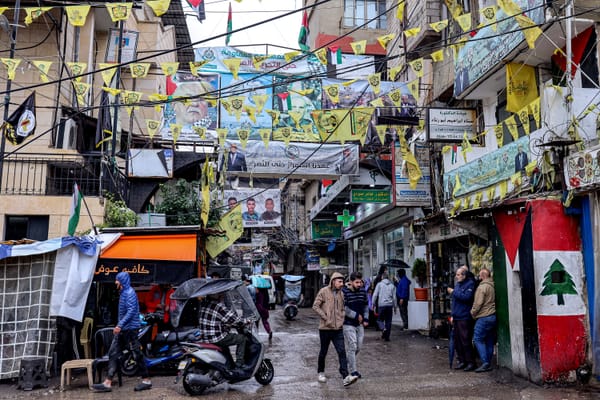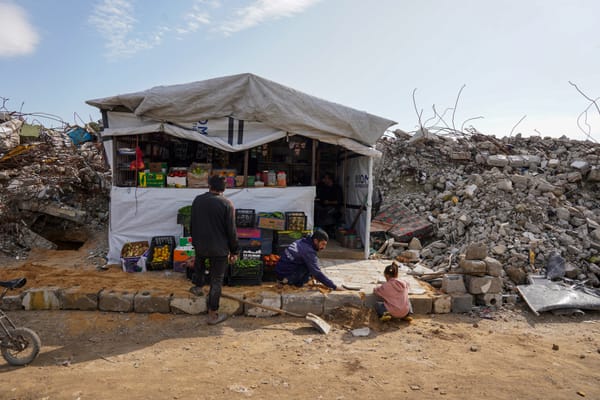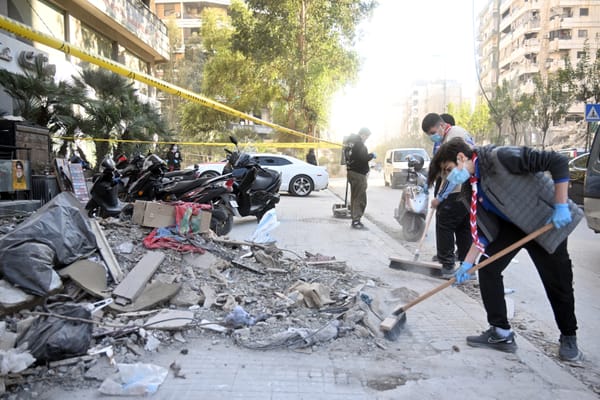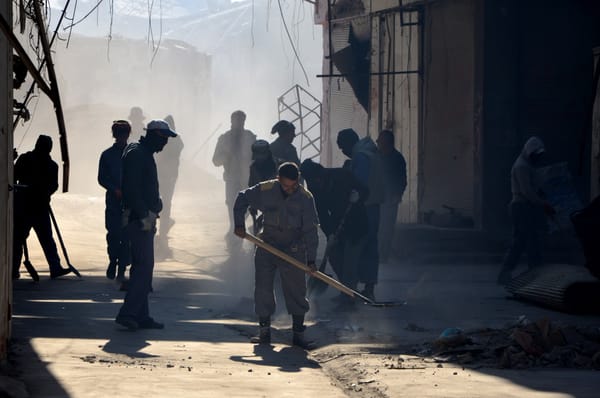Sudan's Revolutionary Spring
Khartoum, April 23. General ‘Abd al-Rahman Siwar al-Dhahab, in power since April 6, was expected to name an interim cabinet on Monday, April 22, to govern the country under army supervision for a transitional period of one year. In the meantime, General Siwar al-Dahab appointed an interim cabinet fo




